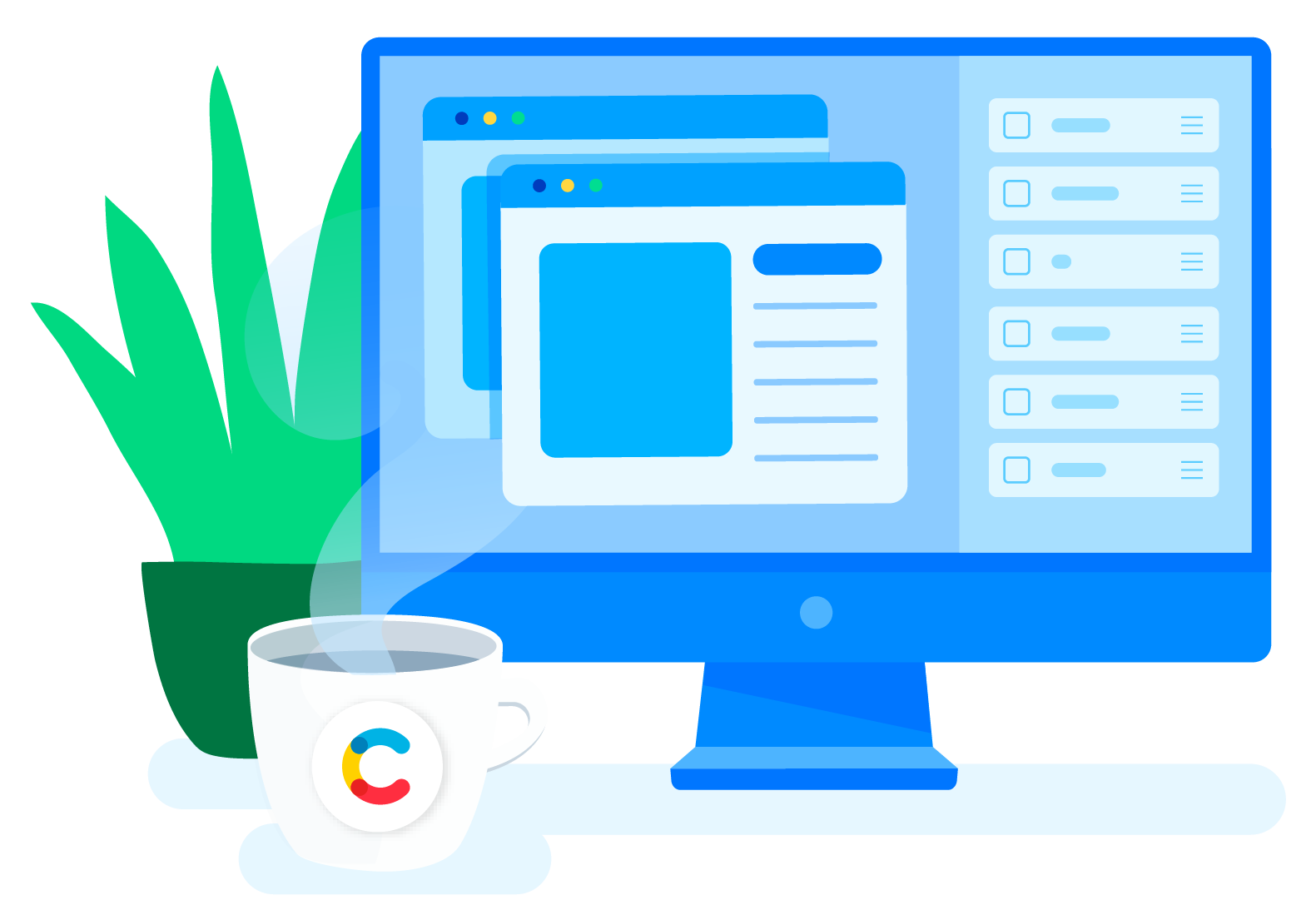In a constantly evolving web landscape, innovation in the realm of headless content management systems (CMS) is crucial. Rising to the occasion, Contentful's "everything is a type" approach brings a simple yet powerful perspective to the table. This methodology not only streamlines the experience for developers and content creators, but it also enhances content portability and referencing.
Here are some thoughts on the pros and cons of Contentful's "everything is a type" approach.
Simplicity Above All
Contentful's approach celebrates simplicity. With every element being a type, the convoluted process of deciding whether something is a block, model, or document becomes redundant. This straightforwardness is both time-efficient and user-friendly.
Elevated Referencing
In an interconnected digital ecosystem, the capability to seamlessly link content is invaluable. By designating every item as its distinct type, Contentful facilitates easy referencing and interlinking.
Unparalleled Portability
Adaptability is the currency of today's digital realm. With every element distinguished as an individual type, the relocation of content, be it within the CMS or externally, becomes straightforward, ensuring smooth transitions every time.
Consistency in Referencing
Traditional CMS constraints, especially around referencing, can be limiting. Contentful, however, guarantees that any type can be effortlessly referenced from another, safeguarding content's integrity and consistency.
Visual Insight
Visual representation is crucial in content management. Contentful’s visual modeler provides a crystal-clear overview of how different content types interrelate, empowering users with a holistic understanding of their content structures.
A Drawback: Orphan Entries
The very flexibility of the "everything is a type" approach can also lead to an inadvertent drawback— orphan entries. For instance, if a page section exists as a type (akin to a block in other CMS platforms), deleting a page might not automatically remove the section. This could lead to orphan content lingering within the project. However, it's crucial to note that this disadvantage can be mitigated with enhanced UX and refined frontend functionalities. And when we weigh the pros against the cons, the occasional occurrence of deleting content doesn't significantly overshadow the manifold benefits.

